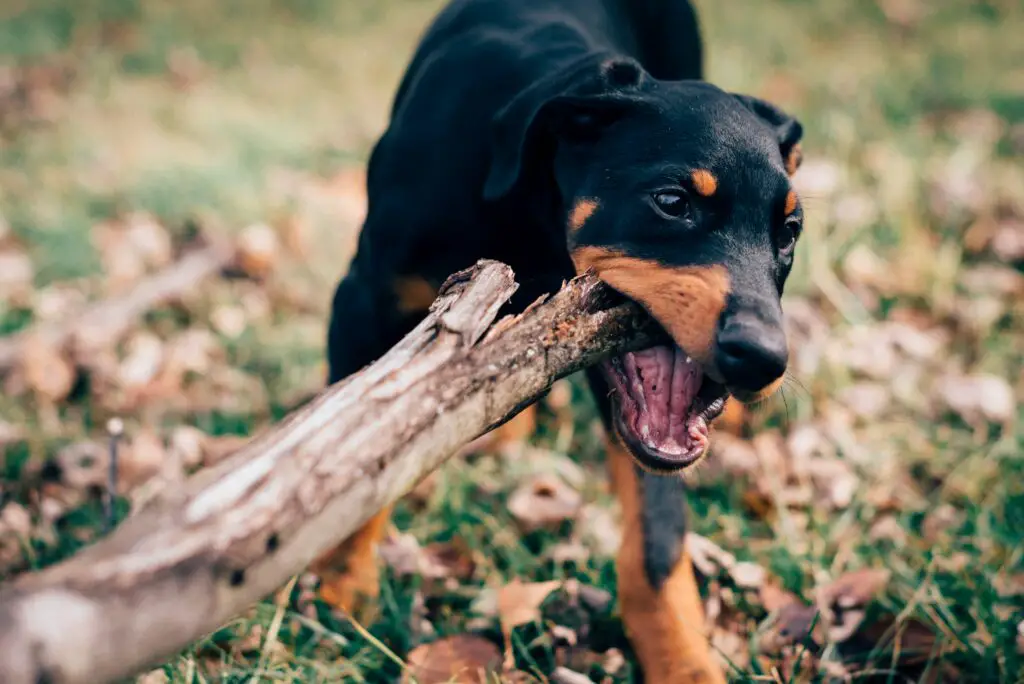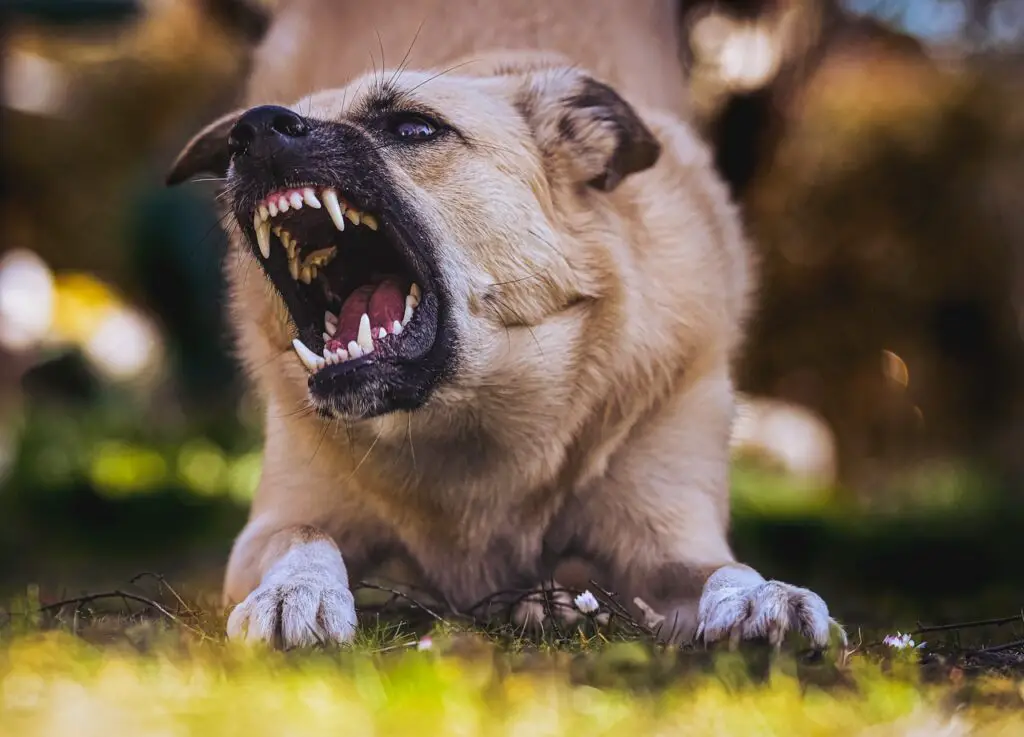Although we would like our furry friends to like everyone we come across, sometimes their behavior is hard to judge. As dog owners, we often take a lot of time when our pets are puppies to train aggressive out of their natural behaviors. Unfortunately, this training usually won’t prevent all dogs from biting occasionally. Dog bite laws, which govern the legal implications of dog bites, are so common that they constitute a unique set of regulations. Now, let’s examine the one-bite law and strict liability in the context of a viral dog bite video.
In a recent viral video clip, a YouTuber has a run-in with a small dog in Korea. The Youtuber, otherwise known as IShowSpeed, was filming on a street in South Korea. As he was filming, he saw an owner holding a dog in her arms. He quickly started walking over to the dog while barking aggressively. Although he meant it as a joke, the dog did not find it funny. When IShowSpeed got in close, the dog lunged forward and bit his nose. In reaction, IShowSpeed quickly backs away, yelling and holding his nose from the pain.
So, can any laws help us understand this situation legally? How is liability usually resolved in cases where an animal is involved? Let’s talk about it!
Attorney Ugo Lord’s Legal Opinion
TikTok attorney Ugo Lord has some interesting insights in response to the video. Firstly, he asserts that although the video was taken in Korea, he applies U.S. law to understand the underlying consequences.
Ugo Lord notes that the dog’s owner completely controlled their pet. If you provoke a dog and cause damage, you bear full responsibility. In the video, IShowSpeed’s intimidation of the dog counts as contributory negligence. Lord argues he would likely fail to recover damages even in comparative negligence states.
What Are Dog Bite Laws?

Forbes reports that dogs bite more than 4.5 million people every year. In many of these instances, people must seek medical attention, which can cause lasting emotional or physical damage.
States across the country have instituted various laws to address these instances, dictating legalities related to dog bites. Colloquially known as “dog bite laws.” It’s important to understand that these laws vary by state or region. In most locations, they fall into two major categories: strict liability or one-bite laws.
Strict Liability
Under strict liability, owners must keep their dogs from harming others. For instance, using a lease, muzzle, or even refraining from public spaces are all scheduled by dog owners when applicable for safety reasons.
With strict liability, the dog’s owner will take responsibility for most lawsuits. The only times in which strict liability may not apply were when the person who was bitten was knowingly provoking the dog or trespassing on private property where the dog was. Interestingly, strict liability laws apply even if the dog has no history of biting others.
One-Bite Rule
With more leniency, the one-bite rule is the other major category that applies to some states. With the one-bite rule, owners take on liability if it is proven that their dog has a propensity to attack. For one-bite regulations to apply, the plaintiff must be able to show that the dog had a history of behavior that would make it attack without provocation. The dog doesn’t necessarily need a history of biting for the one-bite rule to apply.
Due to its leniency, people in one-bite states may be more inclined to prosecute with other legal reasonings. For example, many states also include negligence in court hearings to accompany lawsuits regarding the one-bite rule.
States Dog Bite Laws Differ

As mentioned before, dog bite laws differ from state to state. Some cities or broad regions may have their own dog bite laws or bylaws that further define liabilities. Most states fall within a strict liability or one-bite rule category. However, strict liability is less lenient regarding dog owners’ responsibility. On the other hand, the one-bite rule requires proof that the dog in question has a history of aggression.
State-specific laws can complicate matters beyond these two simple categories. Some states may also require proving negligence, while others may include additional strict liability exemptions for owners in specific situations.
Take these state’s specific laws, for example:
- Washington: Peace officers, counties, cities, or towns are not liable for injuries caused by law enforcement animals, except under strict liability. (Wash. Rev. Code § 16-08-040).
- Oregon: Owners are liable if they know or should have known the dog’s dangerous propensities (Westberry v. Blackwell).
- New York: Owner liable for injuries caused by “dangerous dog” (N.Y. Agriculture & Markets Law, § 123(10)).
- Kansas: Negligent owners are liable, and the one-bite rule applies (Mercer v. Fritts, Henkel v. Jordan).
- Indiana: Strict liability when the dog injures victims carrying out a federal or state duty (such as postal workers). One bite/negligence rules in other situations (Ind. Code 15-20-1-3).
Seek Legal Help In a Dog Bite Situation
If you find yourself in a situation where a dog or a dog has injured you has injured you, it may be best to seek legal help. As shown with specific state laws, the generalities regarding dog bite laws are simplified.
With the correct legal supervision, you may be able to seek damages or protect yourself from liability. Legal professionals can take the burden off you during a complicated legal process. Additionally, they have an expert understanding of your local laws and can be an advocate for you in the courtroom.

